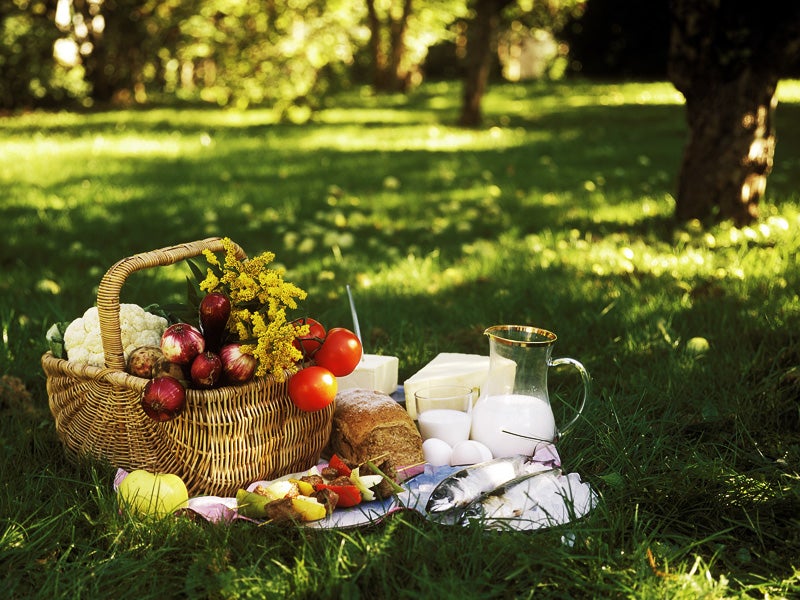From Potato Salad to English Peas: Honoring Farmworkers This Independence Day
This 4th of July we are thankful for the farmworkers who have worked to provide us with the food we eat at our picnics and parades.

This page was published 10 years ago. Find the latest on Earthjustice’s work.
As we gather for our holiday picnics and parades this 4th of July, we prepare the foods and goodies that represent summer in the U.S. Let’s take a moment to think about where those potatoes in the potato salad came from. What about the corn on the cob and slices of watermelon?
Farmworkers grow and harvest most of the fruits and produce that we enjoy year-round. Whether you hunt and gather at Walmart or your local farmer’s market, chances are, someone cut that melon off the vine or strawberry off the plant. Some of our summer favorites, like corn on the cob, can be mechanically harvested, but another human has touched most of what we eat.
How that human has been touched by the process of growing our food isn’t always a feel good story.
Wendy’s may have their red-headed model walking through the strawberry fields in a white dress, enticing us to buy the latest “summer” fast-food option, but in reality, those fields are populated by farmworkers. They are making a living doing back-breaking work, often in dangerous workplaces.
The biggest danger in the fields is pesticides—a heartbreaking reality for most everyone who has worked in conventional agriculture. With more than one billion pounds of pesticides used in the United States each year, it is no wonder that 10,000 to 20,000 pesticide poisonings are reported annually.
So, if you plan to put English peas in your guacamole, or not, while celebrating our independence this holiday weekend, let’s also thank those in the agricultural community who make our picnics and parties bountiful.
To go beyond a silent thank you, take action to help protection farmworkers from pesticides.